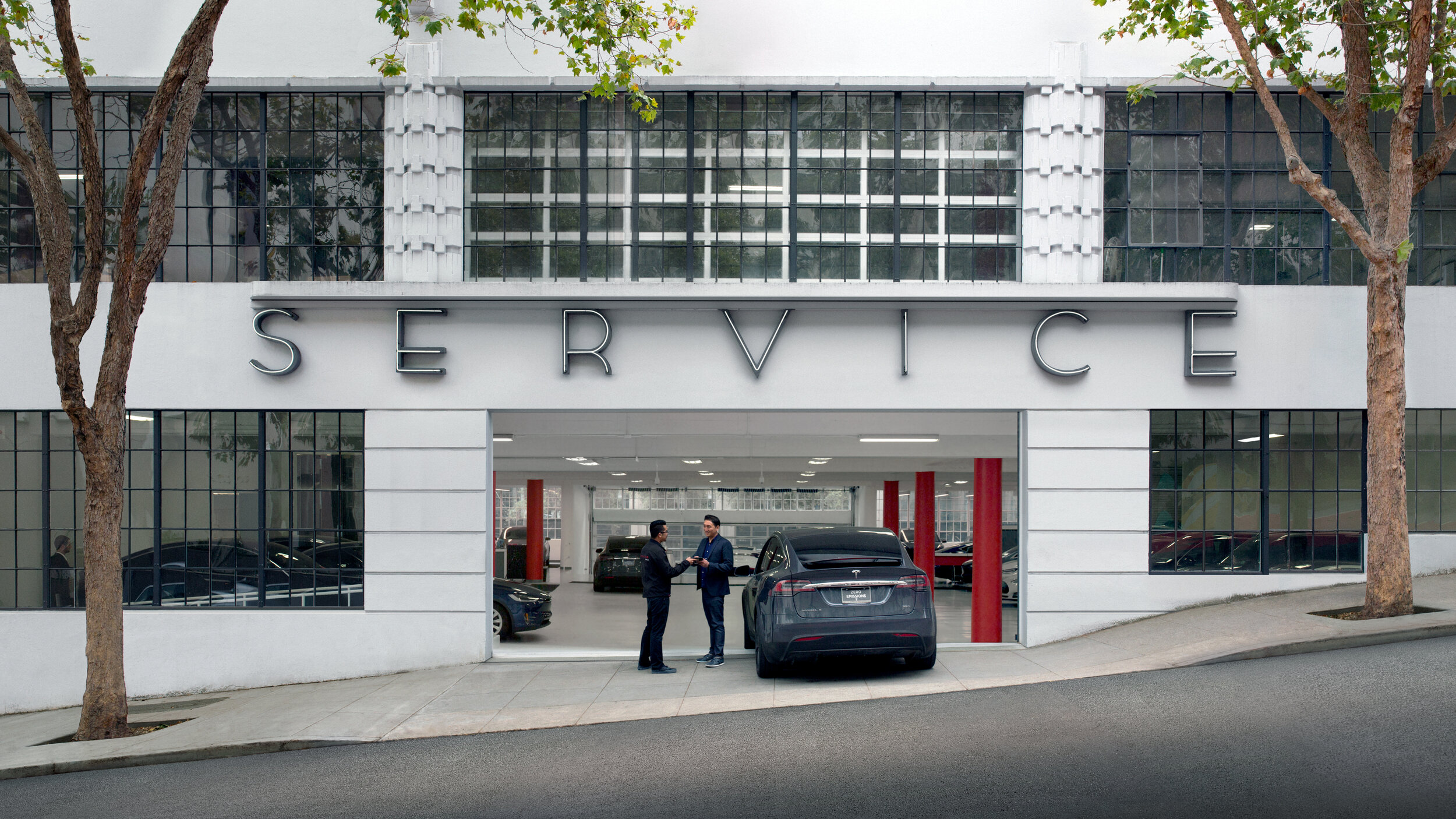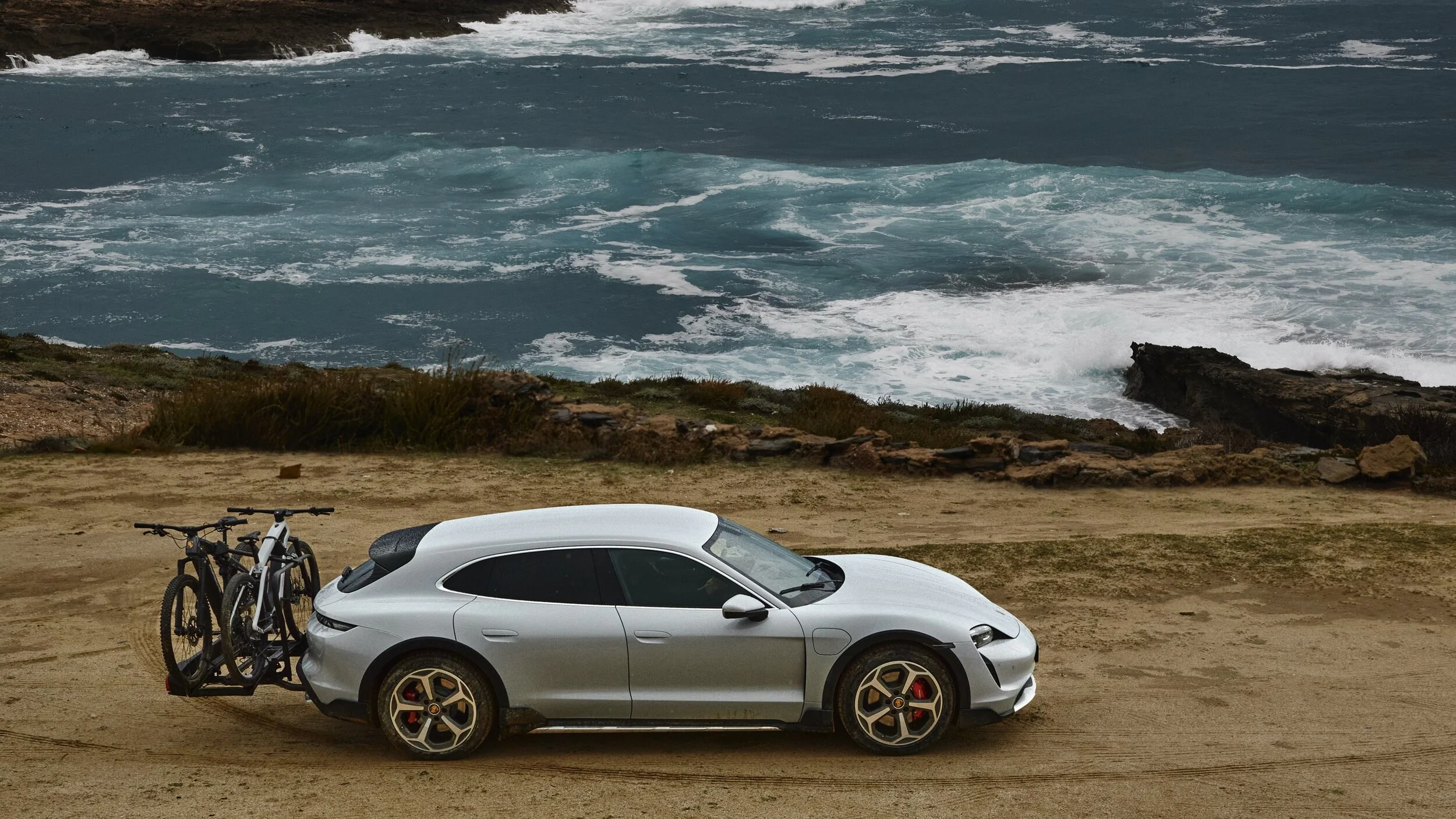The Dealership Debate: Why C&D had its Tesla towed to Ohio
[Dec. 30, 2019]
On Dec. 30, 2019, Car and Driver posted an update on its long-term Tesla Model 3 test vehicle, which failed to function on Christmas Day. You can read about the failure’s potential culprit on C&D’s site, but what caught our eye was this line in the post:
“...Tesla roadside assistance got a tow truck to us in about a half hour, which brought the car to the closest service center: Toledo, Ohio, because Tesla isn't allowed to operate company-owned service centers in Michigan.”
The Federal Trade Commission (FTC) has long held that automobile manufacturers should not be required to sell vehicles through third-party dealerships. Some states, like Michigan disagree, and go so far as to also ban service centers. Other states, like Texas, deny manufacturers the right to sell vehicles directly to consumers, but allow for showrooms and service centers.
This topic flared about five years ago, and on May 11, 2015, a blog post was published on the FTC website penned by Marina Lao (FTC Director of Office of Policy Planning), Debbie Feinstein (FTC Director of Bureau of Competition), and Francine Lafontaine (FTC Director of Bureau of Economics) stating the FTC’s stance.
The thesis presented by the trio was this: “A fundamental principle of competition is that consumers – not regulation – should determine what they buy and how they buy it. Consumers may benefit from the ability to buy cars directly from manufacturers – whether they are shopping for luxury cars or economy vehicles. The same competition principles should apply in either case.”
Later in the post, Lao, Feinstein, and Lafontaine specifically reference Michigan. “In October 2014, the Michigan legislature passed and the governor signed legislation that made wording changes to strengthen the statutory prohibitions on manufacturer direct sales in that state,” they wrote, adding that there was hope for Michigan: “At that time...the governor said ‘[a] healthy, open discussion can and should be had over whether the current business model in Michigan should be changed’ and encouraged the legislature to engage in such debate.”
The FTC post concluded: “Absent some legitimate public purpose, consumers would be better served if the choice of distribution method were left to motor vehicle manufacturers and the consumers to whom they sell their products.”
Tesla took legal action against Michigan, and on Sept. 7, 2016, an administrative hearing was held to determine Tesla’s fate. “The license was denied because state law explicitly requires a dealer to have a bona fide contract with an auto manufacturer to sell its vehicles,” a statement from the Michigan Department of State said at the time. “Tesla has told the department it does not have one, and cannot comply with that requirement.”
Tesla service centers are not located in every state. This is not necessarily by choice.
States not allowing auto manufacturers to directly sell to the public is not Tesla specific. Vanderhall Motor Works has been undergoing the same problem, as the Utah-based company has been attempting to sell its high-end three-wheeled roadsters via direct sales.
“[The dealers] don't want anything that will encourage consumers to consider the idea of purchasing direct from a manufacturer. They want to hold onto the monopoly they've created," Daniel Boyer, Vanderhall’s Director of Sales and Marketing, told The Salt Lake Tribune in January 2016. "I don't know another industry where a manufacturer can't sell its own product, they can't market their own product. It's a travesty that I build a product in Utah and the people that build it cannot buy it."
For Utah, a law change allowed companies like Vanderhall to sell its vehicles within the state as long as certain components were not installed at the point of sale, like the engine and transmission. This loophole applies to manufacturers selling fewer than 300 cars per year, which excludes the likes of Tesla.
Utah and Vanderhall is a particularly interesting case because it garnered a response from the president of a dealer association. "The franchise system does many things, but one of them is it moves the price of that product down because you have so many competitors in the market," Craig Bickmore, President of the New Car Dealers of Utah, told the Tribune. "So here's the flip side: The manufacturer-direct model, what happens? Where are the competitive forces?"
Ironically, both the FTC and auto dealer associations are arguing the same point, which is that only their method allows for a free market. Which is why, nearly five years after the FTC’s blog post, Car and Driver’s Tesla Model 3 had to be towed from Michigan to Ohio.
(Images courtesy of Tesla.)
Like what you read? Follow us on Google News and like us on Facebook!









